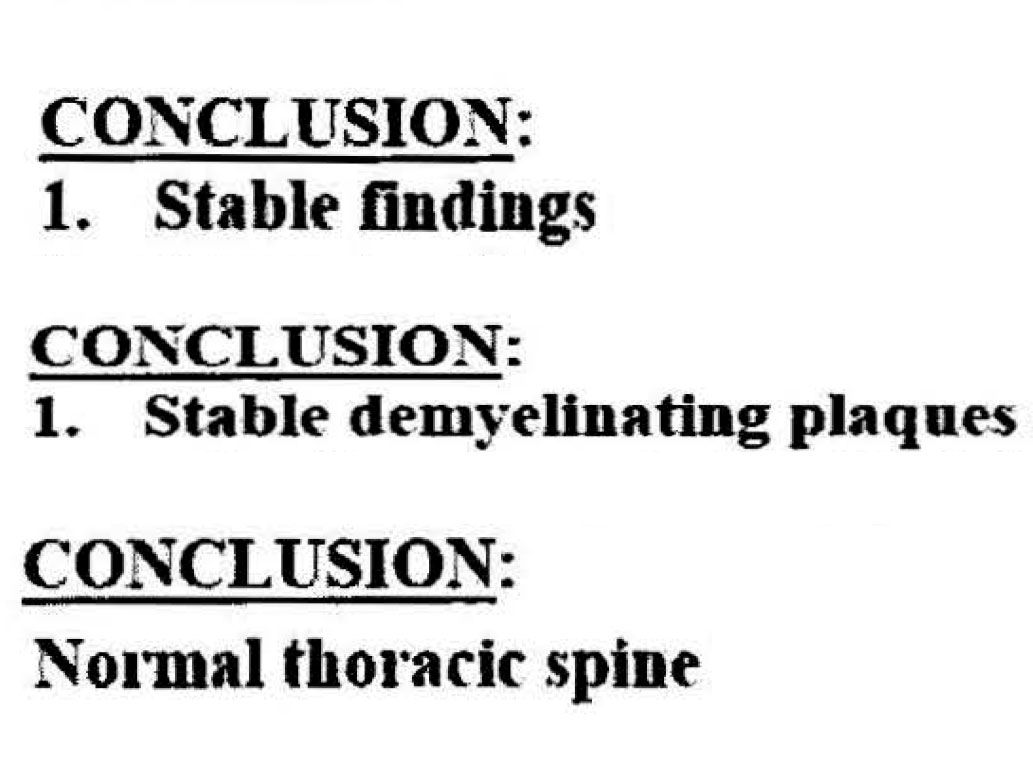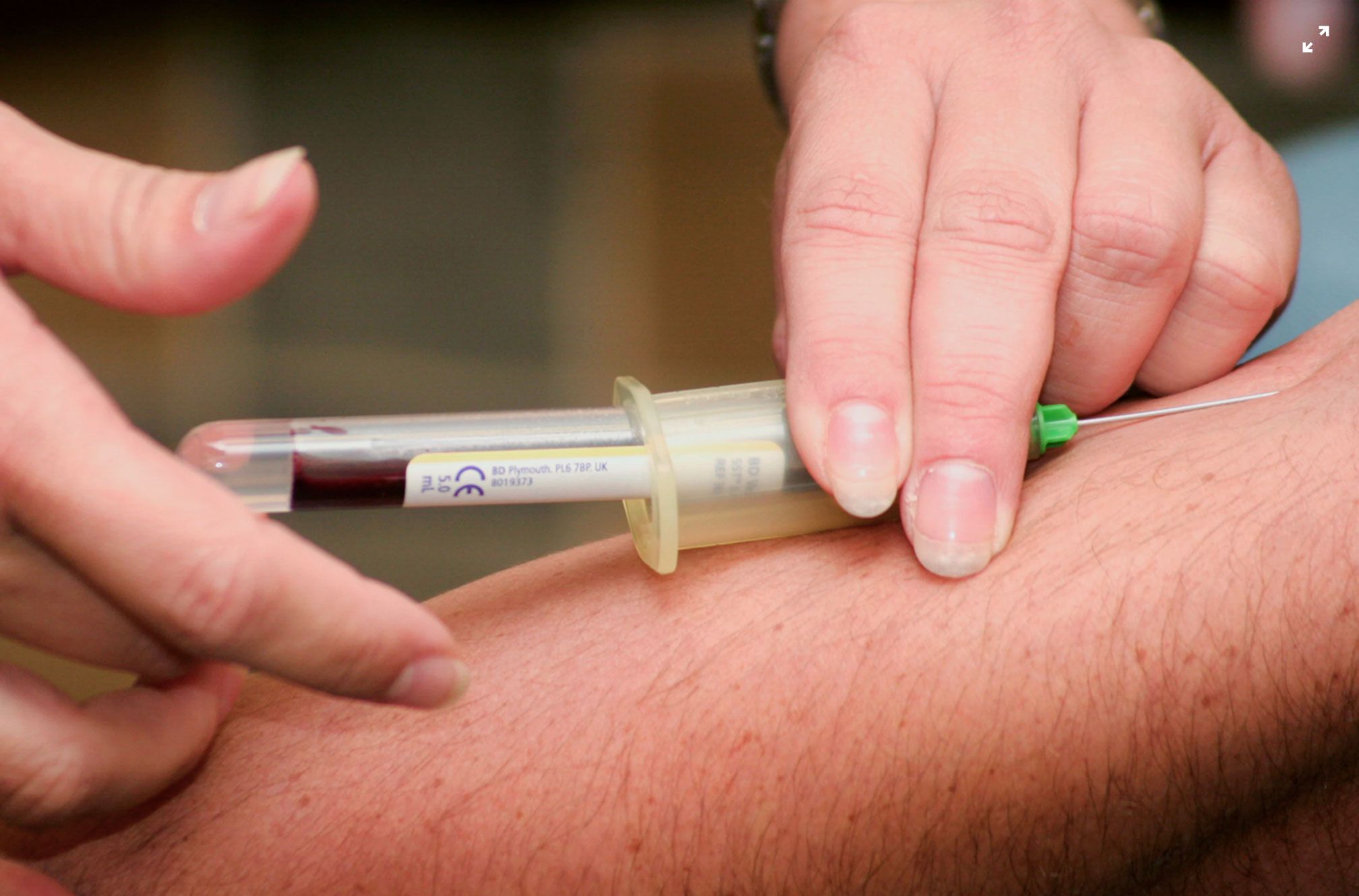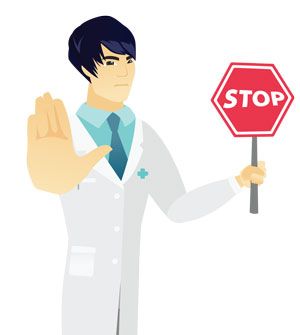AHSCT and Progressive MS. Conflicting Studies (Year 6.4) - UPDATED
UPDATED 23 December 2022
Two conflicting studies about HSCT and progressive MS have surfaced in the last two months. The first was an apropos article from Tomas Kalincik, PhD, of the Royal Melbourne Hospital in Australia in a late-breaking presentation at the 2022 meeting of the European Committee for Treatment and Research in Multiple Sclerosis (ECTRIMS). The second was by Matilde Inglese, MD, PhD, study author and professor of neurology at the University of Genoa, in Italy, which was published in Neurology on December 21, 2022.
Dr. Kalinck's Study
The presentation was regarding AHSCT and Progressive MS. Kalinick's findings have long since been suspected, yet there are definitely some high-profile cases that contradict this new research. My mentor, George Goss, mentioned throughout this blog, is one of them. Without George's detailed documentation of his experience, I might not have undergone my such treatment. (My own diagnosis at the time of my procedure was Relapsing MS.)
Read more …AHSCT and Progressive MS. Conflicting Studies (Year 6.4) - UPDATED
- Created on .



